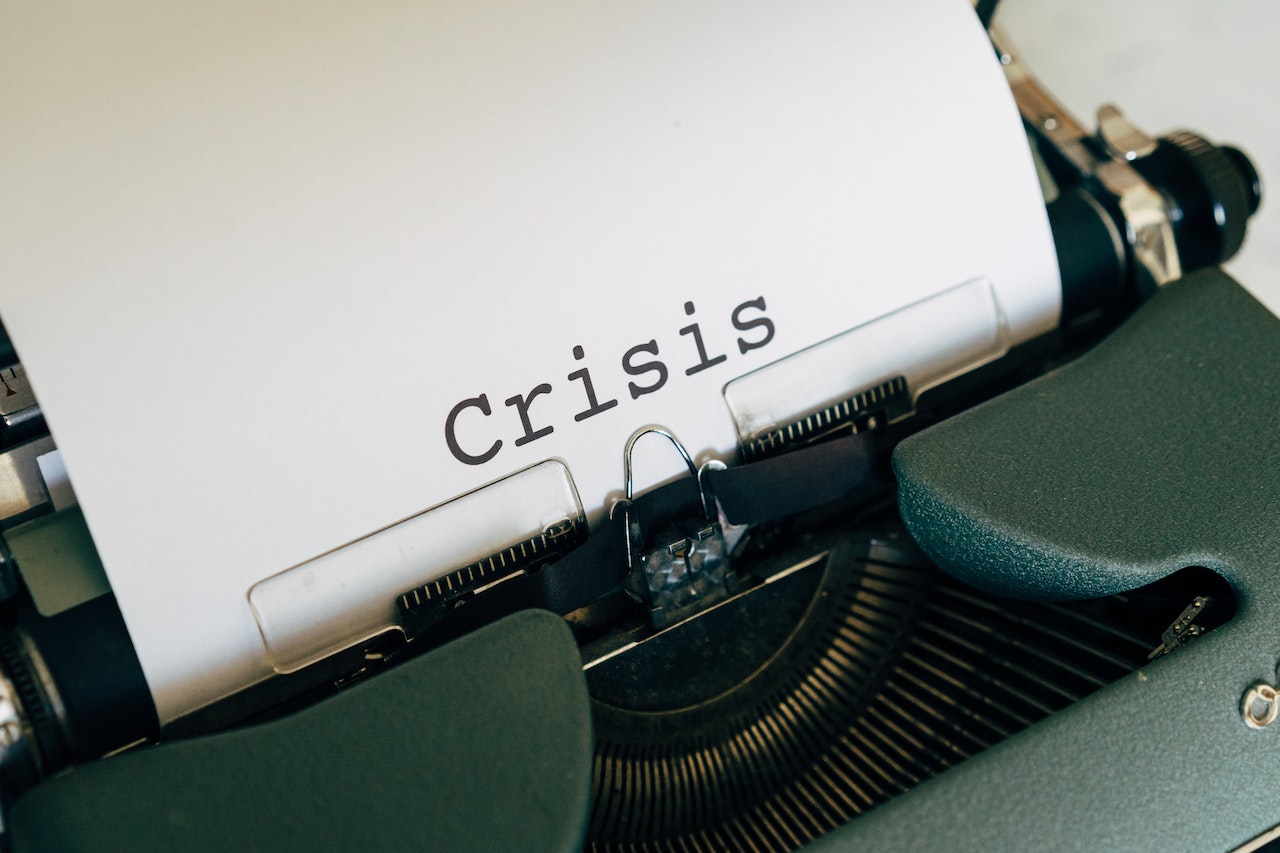The Role of PR in Reputational Challenges
In the dynamic landscape of business, organizations often face reputational challenges that can have a profound impact on their brand image.

In the dynamic landscape of business, organizations often face reputational challenges that can have a profound impact on their brand image, customer trust, and bottom line. However, in the face of crisis, strategic Public Relations emerges as a powerful tool to navigate through turbulent waters and transform adversity into triumph. In this article, we explore the critical role PR plays in managing reputational challenges, examining its strategies, approaches, and best practices that enable organizations to regain control, rebuild trust, and emerge stronger than ever.
-
Proactive Crisis Preparedness: Building Resilience The foundation of effective crisis management lies in proactive preparedness. PR professionals anticipate potential crises, conduct thorough risk assessments, and develop comprehensive crisis communication plans. By identifying vulnerabilities, establishing response protocols, and engaging in scenario planning, organizations are better equipped to respond swiftly and decisively when challenges arise.
-
Swift and Transparent Communication: Maintaining Trust In times of crisis, timely and transparent communication is paramount. PR professionals serve as the vital link between the organization and its stakeholders, ensuring clear and consistent messaging. By swiftly addressing concerns, sharing accurate information, and conveying empathy, organizations can maintain trust and credibility even in the midst of turmoil.
-
Stakeholder Engagement and Relationship Management: Restoring Confidence During a reputational crisis, effective PR involves actively engaging with key stakeholders, including customers, employees, investors, and the media. By listening, addressing concerns, and demonstrating a commitment to rectifying the situation, organizations can rebuild confidence and restore relationships. Skillful relationship management helps shift the narrative, fostering a sense of collaboration and shared responsibility.
-
Crafting the Narrative: Shaping Public Perception PR professionals understand the power of storytelling. They leverage strategic messaging and media relations to shape public perception and influence the narrative surrounding a crisis. By highlighting proactive steps, showcasing genuine remorse, and emphasizing the organization's commitment to change, PR practitioners can help shift public opinion and steer conversations toward a positive outcome.
-
Monitoring and Adapting: Learning from Crisis In the aftermath of a reputational challenge, PR plays a vital role in monitoring and analyzing the impact of communication efforts. By measuring sentiment, monitoring media coverage, and gathering feedback, organizations can evaluate their response and adapt strategies as needed. This feedback loop facilitates continuous learning and improvement, ensuring the organization is better equipped to manage future challenges.
Reputational challenges can be daunting, but with the strategic involvement of PR professionals, organizations can navigate through crisis and emerge stronger than ever. By embracing proactive crisis preparedness, maintaining transparent communication, engaging stakeholders, shaping public perception, and learning from experiences, PR plays a pivotal role in turning a crisis into an opportunity for growth and triumph. With effective PR at the helm, organizations can safeguard their reputation, rebuild trust, and emerge resilient in the face of challenges.